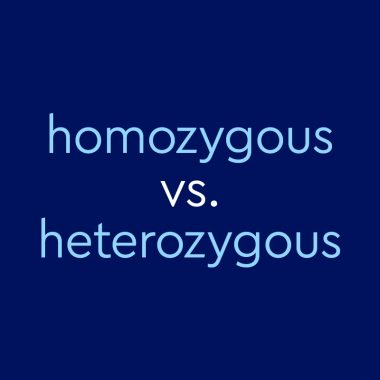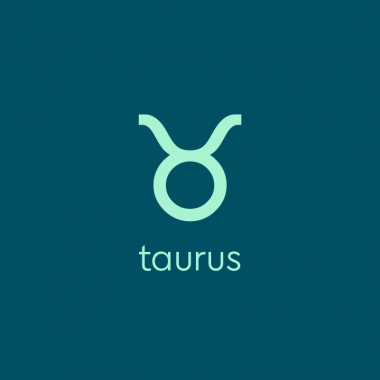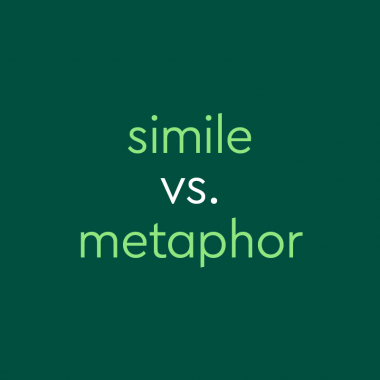Helpful Tips For How To Spell Numbers—No Math Required!
When it comes to spelling out numbers, knowing when and how to do so correctly might be trickier than you imagine. Many organizations and publications have their own style guides describing when and how to spell out numbers, but there are some general guidelines you can keep in mind when digits pop up in writing. Typically, you should spell out numbers below 10. Numbers over …











